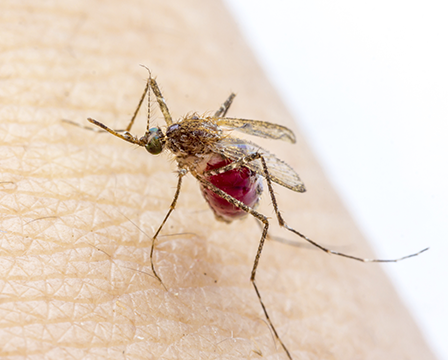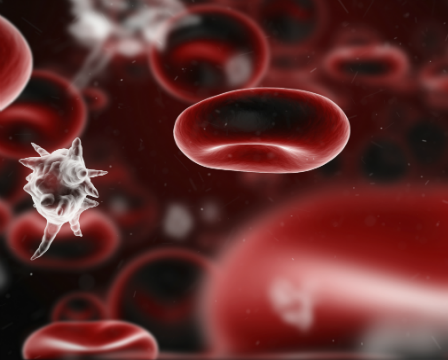
Infection prevention and control
Infection prevention and control is the clinical application of microbiology in practice. The RCN considers this area to be key to quality, patient safety and governance systems and an integral element of reducing antimicrobial resistance (AMR).
Infection or disease may be caused by bacteria, fungi, viruses or prions and can result in a wide variety of infections, for example, urinary tract, wound, respiratory, blood, bone and skin infections.
Not all infections are transmissible but some, such as C. difficile, SARS-CoV-2, influenza and norovirus have the potential to spread from one patient to another, causing outbreaks of infection with serious implications for health care organisations, facilities or nursing homes. Understanding how infections occur and how different microorganisms act and spread is crucial to their prevention in all settings, not just health and social care.
The RCN is actively involved in infection prevention issues and practice to support improvements in nursing practice and patient outcomes across the UK. Activity takes place on a national, regional and local level, ranging from representation at national forums, meetings, stakeholder events and site visits to members' workplaces.
Our work in the field of AMR is diverse and compliments our IPC activity. By focusing specifically on the nursing role in preventing the development or spread of infection, and our commitment as part of the inter-professional contribution to antimicrobial stewardship, the RCN is a key leader and influencer nationally and internationally in this area.
Group A Streptococcal infections (including iGAS)
The UK Health Security Agency (UKHSA) has reported Notifications and GP consultations of scarlet fever in England are higher than normal for this point in the season, after remaining elevated later in the previous season than expected.
Influenza
Influenza is a viral infection that affects the lungs causing respiratory infections. Secondary infections can occur due to influenza resulting in pneumonia or sepsis. The severity of influenza infections can be reduced through vaccination
RCN members should ensure they are vaccinated. Local infection prevention and control policies should be consulted for advice on the prevention of spread of flu. The RCN risk assessment toolkit will support members to select the use of respiratory personal protective equipment in different scenarios.
Useful resources:
- RCN position on vaccination
- UKHSA - Seasonal influenza: guidance, data and analysis
- Public Health Wales - Flu vaccination and Flu resources for health and social care professionals
- HSC Public Health Northern Ireland - Seasonal influenza (flu) guidance
- Health protection Scotland - Influenza guidance
Small Changes, Big Differences
We believe that the nursing team should be involved in the procurement of clinical supplies. Find out more about Small Changes, Big Differences.

Travel health
The RCN provides advice and guidance for nurses on travel health.

Sepsis
Information on what sepsis is and how to recognise the signs of sepsis early and raise the alarm to enable prompt identification and treatment

Related to infection prevention and control: information and advice:
Professional lead for infection prevention and control: information and advice:
RCN Infection Prevention and Control Programme
Find out more about the RCN's introductory module to infection prevention and control.
COVID-19 clinical guidance
Current work
Respiratory risk assessment toolkit
Standards for infusion therapy
Find out more about the updated guidance (Dec 2016)
Advertisement





